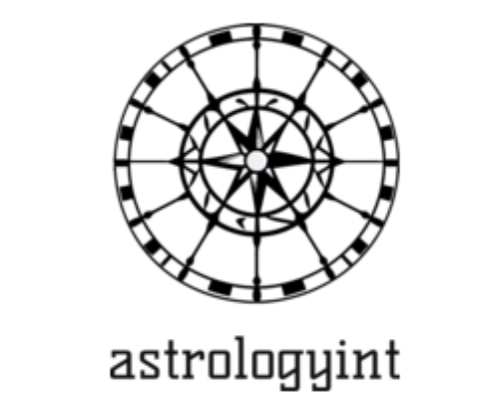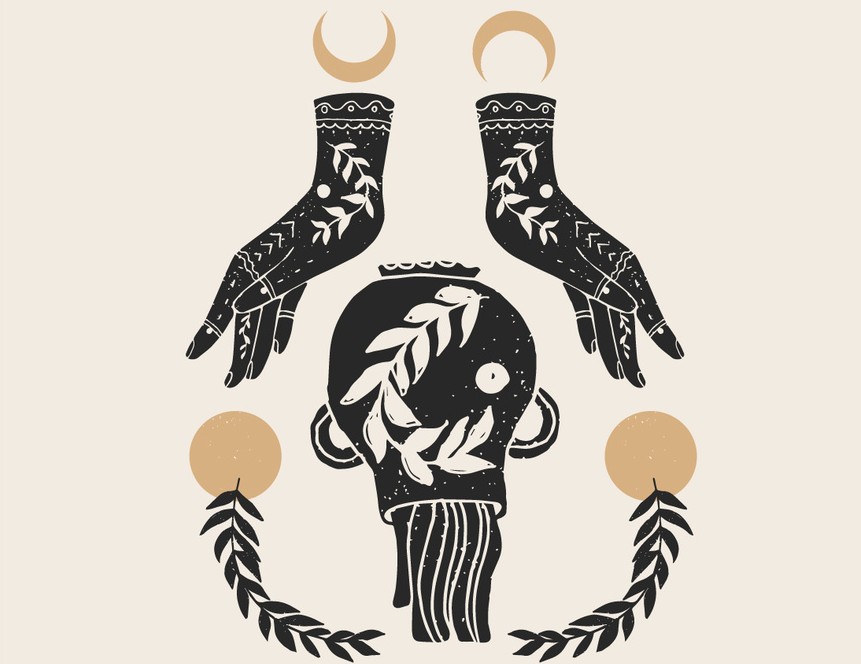When Aquarius rising is mentioned, the first thing that comes to mind is their independence. They don’t care about kings or rulers; they act independently and stand on their own two feet. At the same time, Aquarius rising sign signifies a reserved nature. Aquarius rising men can make friends quickly, but it takes time to… Continue reading Aquarius Rising Male

